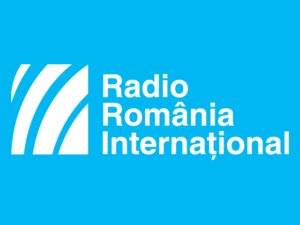The Republic of Moldova is going through what is probably the most troubled chapter since it proclaimed its independence in 1991 and since the 1992 armed conflict in Transnistria, which generated a frozen conflict with this Russian-speaking breakaway region. Since then, Transnistria has been permanently hosting Russian troops. With a vulnerable economy and political class divided between pro-Europeans and pro-Russians, Moldova is now a collateral victim in Russia’s war. The country remains exposed to Russian pressure and energy blackmail, to the economic fallout from the war as well as to the Kremlin’s attempts at destabilizing the pro-European administration, the European Parliament said in a resolution passed on Wednesday. The document also hails the leadership of the president of Moldova, Maia Sandu, and the countries’ authorities in tackling these serious challenges. Moldova’s EU accession would represent a strategic investment in a united and strong Europe, the resolution also states, calling for accession negotiations to start by the end of the year, once Moldova has complied with the nine steps identified by the European Commission. Wanted oligarchs must be extradited to Moldova, and the EU must continue its support to help Moldova attain energy independence, MEPs argue.
Moldova’s president, Maia Sandu, has recently urged Moldovans to express their support for Moldova’s European track publicly as part of a rally scheduled for May 21 in the Great National Assembly Square in Chișinău. Maia Sandu’s appeal follows repeated attempts from Russia to destabilize Moldova, from street protests funded by pro-Russians to attempts at toppling the pro-European administration. „I call on you to stand together as a nation and express a clear option to become part of the European family, a decision based on respect, stability and economic cooperation. Let us tell everyone who still has doubts that decisions regarding Moldova’s future are taken in Moldova”, Maia Sandu said. The Moldovan official accused pro-Russian factions of using the war in neighboring Ukraine to try to destabilize their own country and taking over the power reins. The economic, energy and security crises facing Moldova could serve as the tipping point for deciding on the geopolitical path the Republic of Moldova should take. A staunch and consistent advocate of Moldova’s EU accession and a close supporter of this country in times of dire economic need, Romania has succeeded in drawing support for Moldova’s EU aspirations from the most important European countries.
(Ştefan Stoica, Radio Romania International)











